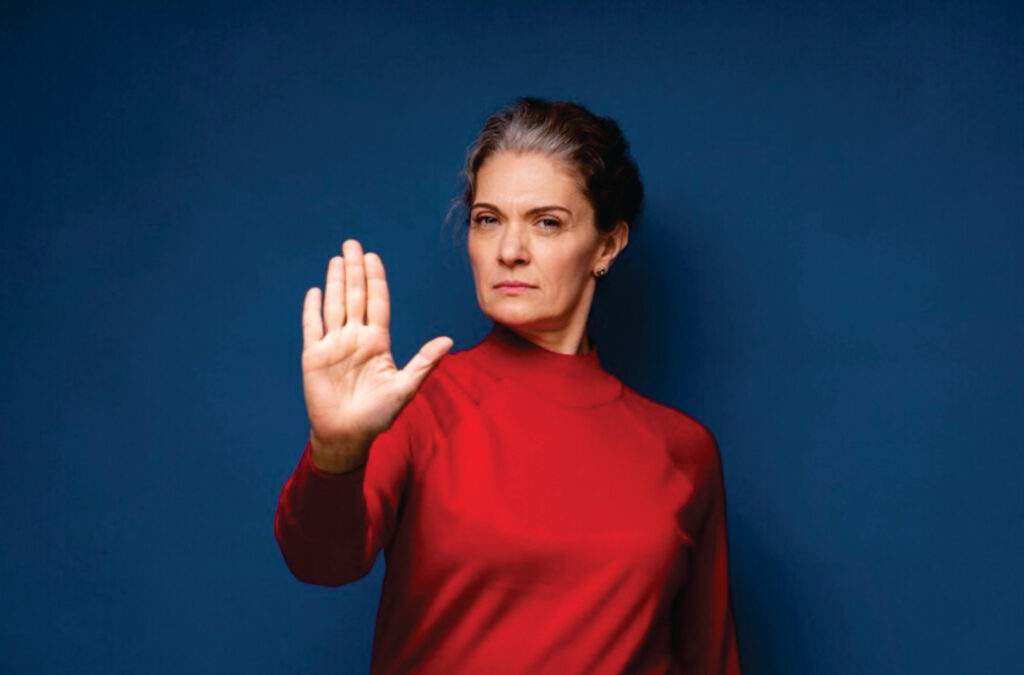In a world full of distractions, constant notifications, and endless consumerism, finding mental clarity can be difficult. Minimalism offers a way to focus on what truly matters. It encourages simplicity, intentionality, and reducing excess to improve emotional resilience and overall well-being. Research suggests that adopting a minimalist lifestyle lowers stress, enhances concentration, and provides a stronger sense of purpose. By eliminating clutter—both physical and mental—individuals can create space for clarity and personal growth.

Understanding Minimalism and Its Psychological Impact
Minimalism is more than just getting rid of extra belongings. It’s a mindset shift that encourages focusing on meaningful experiences and reducing unnecessary distractions. This lifestyle helps create a peaceful environment that supports mental and emotional well-being.
How Minimalism Reduces Stress and Anxiety
Research shows that cluttered spaces contribute to mental overload, making relaxation harder. A study in Personality and Social Psychology Bulletin found that people who live in disorganized environments tend to have higher cortisol levels, which can increase stress (source). Keeping a well-organized space can promote a sense of calm and stability.
Minimalism also reduces decision fatigue. Constantly choosing between too many options drains mental energy. By simplifying daily routines and reducing unnecessary choices, individuals can improve focus and make better decisions (source).
Minimalism Enhances Focus and Productivity
A clutter-free environment helps improve concentration. A study in The Journal of Neuroscience highlights that excessive visual distractions reduce cognitive performance and problem-solving abilities (source). When distractions are minimized, people can direct their energy toward tasks that matter.
Digital minimalism is also important. Excessive screen time and notifications reduce attention spans and increase stress. Studies show that limiting digital consumption improves well-being and life satisfaction. Setting screen time boundaries allows individuals to focus on more meaningful activities (source).
Minimalism and Emotional Well-Being
Minimalism encourages a shift from materialism to personal fulfillment. It helps individuals focus on self-awareness and emotional balance.
Letting Go for Emotional Freedom
Many people struggle to let go of items due to sentimental value or a fear of scarcity. However, research in The Journal of Consumer Research shows that prioritizing experiences over possessions leads to greater long-term happiness (source). Decluttering fosters a sense of freedom, allowing individuals to focus on what truly brings value to their lives.
Minimalism also supports healthy boundaries. Learning to say no to toxic relationships and unnecessary commitments protects mental health. This approach strengthens self-care and encourages a more intentional use of time.
Mindfulness and Gratitude
Minimalism promotes mindfulness by reducing external distractions. Research in Mindfulness Journal suggests that mindfulness practices improve emotional regulation and lower stress (source).
It also nurtures gratitude. A study from the Greater Good Science Center at UC Berkeley found that practicing gratitude improves happiness and reduces stress-related symptoms (source). Appreciating what we have fosters contentment and emotional well-being.
Practical Steps to Embrace Minimalism for Mental Well-Being
Minimalism doesn’t mean drastic changes—small adjustments can make a big difference. 
1. Thoughtful Decluttering
Regularly evaluate belongings and remove items that no longer add value. A tidy space enhances mental clarity and promotes peace.
2. Simplify Daily Routines
Reducing unnecessary commitments and streamlining habits lowers stress, leaving more time for meaningful activities.
3. Manage Digital Consumption
Setting screen time limits, reducing social media exposure, and prioritizing real-life interactions improve focus and emotional health.
4. Prioritize Experiences Over Possessions
Investing in travel, personal development, and hobbies provides longer-lasting happiness than accumulating material goods (source).
5. Develop a Gratitude Practice
Journaling about daily blessings and reflecting on positive experiences builds emotional resilience. Focusing on gratitude rather than material wealth promotes inner peace.
6. Make Space for Growth
Minimalism is about creating space for self-improvement. Reducing distractions allows for deeper learning, stronger relationships, and personal fulfillment.
Personal Experience with Minimalism
Before adopting minimalism, I felt weighed down by both physical clutter and an overbooked schedule. My home was filled with things I rarely used, and my daily commitments left little room for self-care. Once I began decluttering, I felt an immediate sense of relief. My living space became a sanctuary, and I noticed a decrease in stress.
Reducing digital distractions was also a game-changer. Unsubscribing from unnecessary emails, turning off non-essential notifications, and limiting social media allowed me to be more present. I found more time for books, hobbies, and meaningful conversations. Minimalism helped me focus on what truly matters, leading to greater clarity and happiness.
The Transformative Power of Minimalism
Minimalism goes beyond decluttering—it creates space for what’s truly important. By simplifying life, individuals can reduce stress, enhance focus, and build emotional resilience. Prioritizing meaningful experiences over material possessions leads to a more balanced and fulfilling life.
Minimalism is a personal journey, and even small steps can make a significant impact. Removing distractions, setting priorities, and practicing gratitude lead to long-term mental well-being.
For more insights on how minimalism supports mental health, explore research from the American Psychological Association on the benefits of simplicity (source). Start simplifying today and experience the transformative impact minimalism can have on your life.
The Art of Active Listening: How to Become a Great Conversationalist
The Influence of Music on Emotional State and Cognitive Functions

I’m Victoria, the creator behind Eva My Balance. Passionate about beauty, wellness, sustainable living, and mindful self-care. My mission is to inspire you to live consciously and beautifully—inside and out.


